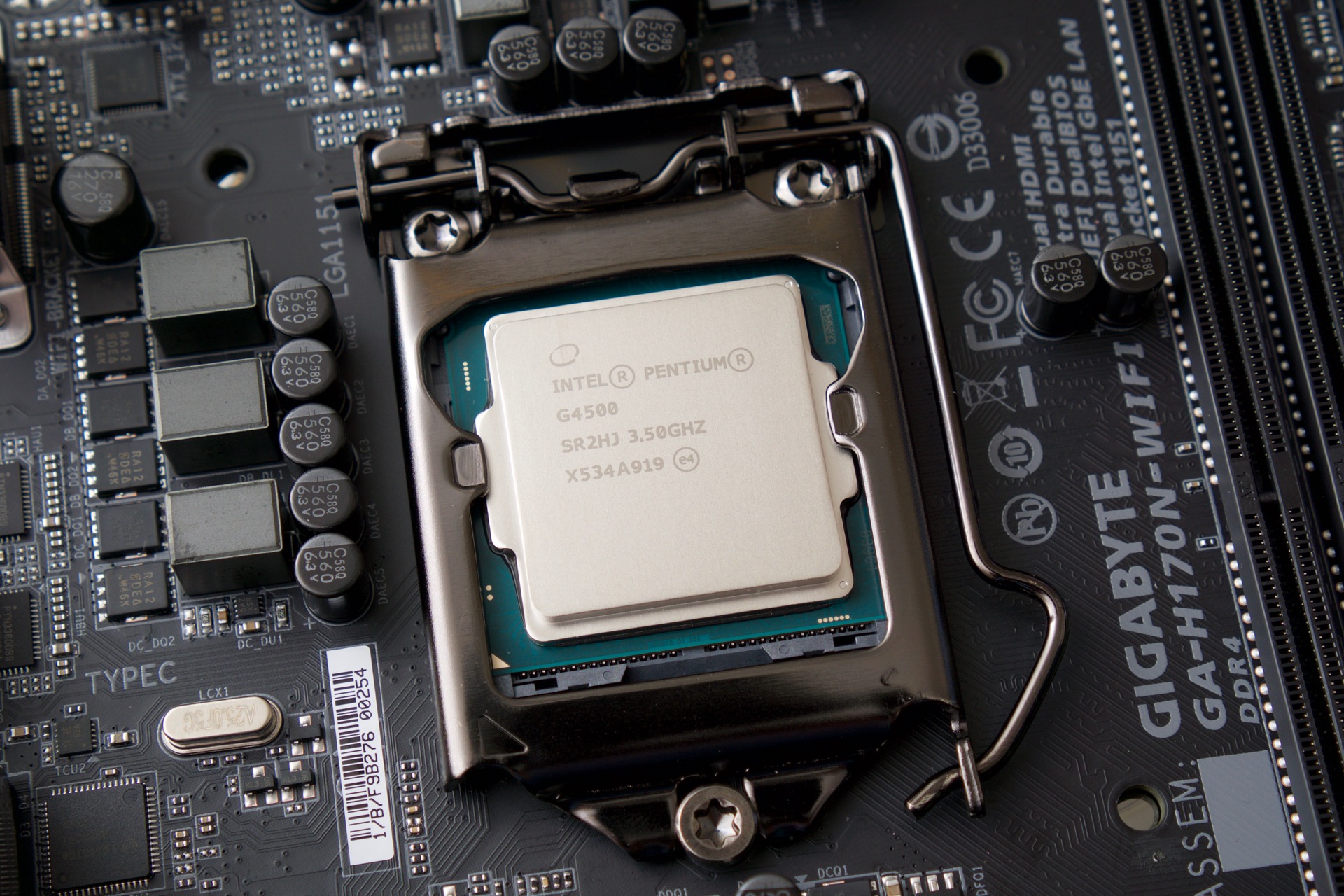Ever wonder why your smartphone today is more powerful than the computers that sent astronauts to the moon? Picture this: the history of computer processors is a fascinating journey of innovation, miniaturization, and exponential growth. This blog post delves into the milestones that have shaped the processors we rely on today.
The Dawn of Computing: Early Innovations
Interestingly enough, the story of computer processors begins with the advent of the first electronic computers in the mid-20th century. The ENIAC (Electronic Numerical Integrator and Computer), completed in 1945, is often considered the first general-purpose electronic computer. It used vacuum tubes to perform calculations and occupied an entire room. From what I’ve seen, this marked the beginning of the digital age, although these early machines were far from the microprocessors we know today.
The Birth of the Microprocessor
To put it simply, the invention of the microprocessor revolutionized computing. In 1971, Intel introduced the 4004, the world’s first commercially available microprocessor. It was a 4-bit chip that could perform 60,000 operations per second. Imagine if you had to rely on such a processor now! The 4004 paved the way for more powerful and efficient processors, leading to the development of the 8-bit Intel 8080 in 1974, which became the heart of many early personal computers.
The Rise of Personal Computing
I’ve always thought that the 1980s were a golden era for personal computing. The introduction of the IBM PC in 1981, powered by Intel’s 16-bit 8088 processor, brought computing into homes and businesses around the world. It’s interesting how these early processors laid the foundation for the rapid advancements that followed. The 32-bit Intel 80386, released in 1985, introduced features like multitasking, which are crucial for modern operating systems.
The Era of Pentium and Beyond
The thing is, the 1990s saw the emergence of the Intel Pentium processors, which significantly boosted performance and introduced features like super-scalar architecture and MMX technology. I can’t forget the impact of these processors on gaming and multimedia applications. Studies show that the Pentium processors set the stage for the high-performance, multi-core processors we use today.
Modern Processors: Power and Efficiency
What’s fascinating is the leap in processing power and efficiency over the past two decades. Modern processors, such as Intel’s Core series and AMD’s Ryzen, feature multiple cores, hyper-threading, and advanced power management. These innovations enable everything from seamless multitasking to high-definition gaming and complex scientific computations.
The Future of Processors
Now that I think about it, the future of processors looks even more promising with the advent of quantum computing and AI-driven optimizations. Quantum processors, still in their infancy, promise to solve problems that are currently intractable for classical computers. You’d be surprised at how quickly these technologies are evolving.
Why This Matters to You
From my point of view, understanding the history of computer processors is crucial because it highlights the rapid pace of technological advancement and its impact on our daily lives. Imagine if you could harness this knowledge to make informed decisions about your next computer purchase or to better understand the tech world around you.
Take the Next Step
Here’s a thought: stay curious and keep learning about the technology that shapes our world. Whether you’re a tech enthusiast, a professional, or simply someone who uses a computer daily, knowing the history and evolution of processors can provide valuable insights into the future of computing.
I’ve come to realize that the journey of computer processors is a testament to human ingenuity and the relentless pursuit of progress. Interestingly enough, this journey is far from over, and the next chapter promises to be even more exciting.
Feel free to share your thoughts or experiences with computer processors in the comments below. What’s your favorite processor, and why? I’ve been meaning to hear your stories!










